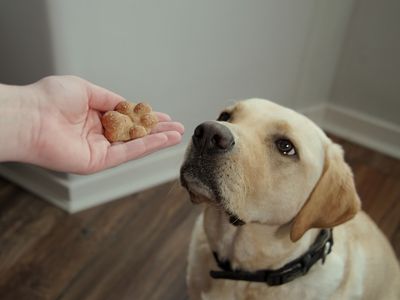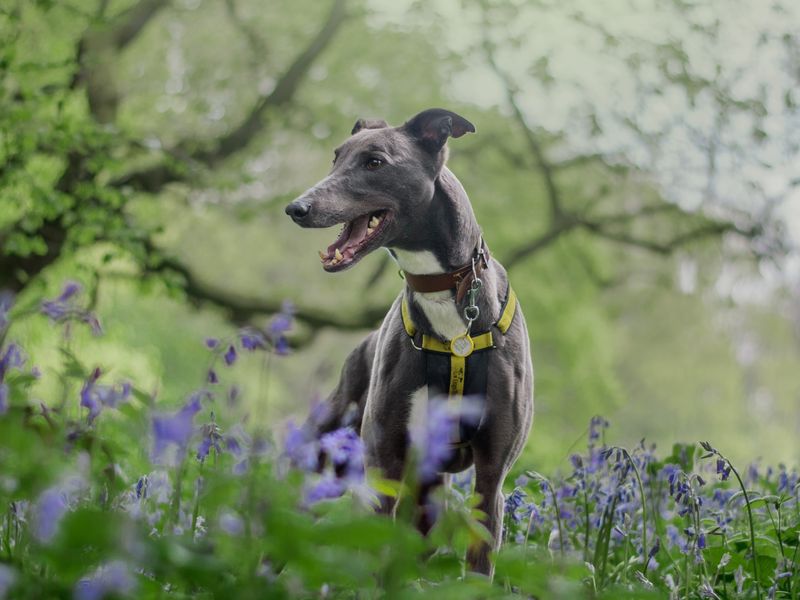
Easter advice
Chocolate is toxic to dogs, so make sure to keep it out of their reach at Easter and all year round.

Easter is a very exciting time of year, but with chocolatey treats finding their way into our homes, it’s important to keep them out of reach of our four-legged friends.
Chocolate can be poisonous to dogs as it contains a substance called theobromine, which dogs and some other animals struggle to metabolise.
Symptoms of theobromine poisoning include vomiting, diarrhoea, excessive thirst, excitability, drooling, seizures and potentially kidney and heart failure.
If you think your dog has eaten chocolate, contact your vet immediately.
Our advice and top tips for dog owners at Easter
- Never give your dog any human chocolate as a treat. Ensure that children and visitors understand why and adhere to this rule too.
- If you are hosting an Easter egg hunt, keep your dog on-lead at all times and make sure you're always supervising.
- Make sure that bins are dog-proof to avoid your dog scavenging through rubbish.
- Never leave any chocolate unsupervised, such as cakes cooling on worktop surfaces.
- Keep a close eye on your dog whilst out walking to avoid them scoffing down discarded food that is potentially harmful.
- Teach your dog to 'leave it' with our advice.
Alternative ways your pup can join in the fun
Although dogs can’t indulge in a chocolate egg, they can still have a great time at Easter. Get inspired by our brilliant canine cares who set up an Easter FUNday for the dogs to enjoy.
Other treats to enjoy
Chocolate treats are off the cards, but there are plenty of human-foods they can snack on.
Why not create an Easter egg hunt using some of these, or stash some of their favourite treats around the garden for them to sniff out?
- Cucumber
- Cauliflower
- Broccoli
- Carrot
- Apple (without the core)
- Strawberries
- Sugarsnap peas
- Plain chicken (cooked, no bones)
- Boiled egg (chopped)
- Fish (cooked)
- Cheddar cheese cubes
Make sure you know what to steer clear of
There are many common foods that are highly toxic to dogs, like grapes, raisins and onions. Make sure you and your family know what they are so you can be careful with them all year round.

Related articles



.jpg)